
Edmore Zvinonzwa
The war against the abuse of drugs and dangerous substances is continuing with government and other organisations taking an active role in pushing interventions.
However, one of the major hindrances to the smooth flow of interventions, some argue, is the criminalisation of drug use, which often leads to those who abuse them going underground for fear of being apprehended.
There seems to be an agreement, however on the fact that solutions to these challenges can only be proffered through the involvement of all stakeholders.
The more fervent users are found among the youths, which makes parenting a preferred intervention in order to avoid and control drug use during these early stages of life.
In light of this, Zim Now caught up with parenting coach, Chipo Gozho and spoke about the role of parenting in our lives today.
The parenting coach, who says she is also a family coach, told Zim Now that when you are in parenting, there is no way you can leave out the children.
“The children have to be part of what you are doing. For me, parenting came up as a result of an inner thing or should I say a calling that came into me since the time I had to look after my younger sister – the last born in our family. It was not because my mother was not there but I really enjoyed the experience.
“Again when I was doing my nurse training, there were so many things that I learnt from expecting mothers. Those women face a lot of problems when they are pregnant. The pregnancy journey is something else.
“Among these, there are those that really touched my heart, the ones that failed to access ante-natal clinics either out of ignorance or some other reason.
“Then there were young mothers who were also raising their own children. They really touched me because the parent herself in this case is in need of parenting.
“These days, parents are facing so many problems and these are some of the reasons why we are failing as parents.
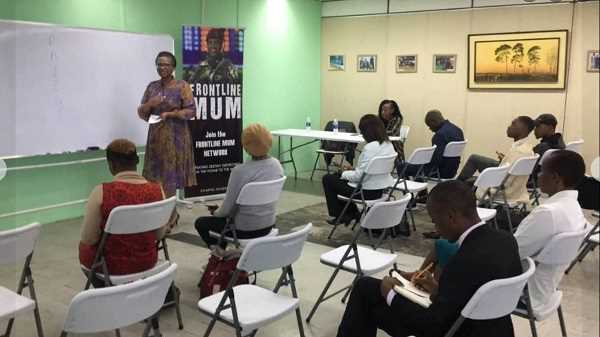
“When I left the corporate sector, my own boys were two years old then. I had to be a full-time mum at that point, parenting so to say.
“Children are totally different from each other implying that you have to approach each child differently. You do not have a one-size-fits-all kind of approach. For about eight years, I stayed at home doing counselling, which was family-oriented at that time," said the parenting coach.
“Never compare your children with others or even with their siblings. Each child is a unique individual. If you do not accept or recognise them as different, you can tear down a child,” Gozho writes in her in her book, Frontline Mum: Defeating Destiny Destroyers From the Womb to the World.
Related Stories
“Parenting in the 21st century is necessarily different from 19th century parenting. Each season has its own challenges. There are about four types of parenting, authoritarian, authoritative, permissive and neglectful – all the types do apply to certain circumstances.
“What people should remember is that when in a war situation for instance, you have to be authoritarian because children can easily get into trouble,” she said.
Gozho told Zim Now that as parents, we inherit parenting skills from our own parents. “As we employ the different parenting tactics, we are in the process creating different types of children.”
“When parents meet in marriage, they are coming from different environments which employ different parenting methods. The two methods – from the father and mother – could produce different children.
“There are parents who employ what we would term a helicopter approach where the child cannot think on their own. Very strict parents create problems for their children and these problems continue into their teen lives. Because the parents have failed, the children withdraw into drugs and at times, alcohol. But the most dangerous are the drugs and these other harmful substances.
“It was easier in the rural areas back then when a child could be raised by a village because every parent had a responsibility and could discipline any child from the village. The major problem has been the advent of individualism and if an uncle disciplines a child, there could be war with the child’s parents. Do we still have time for our children?
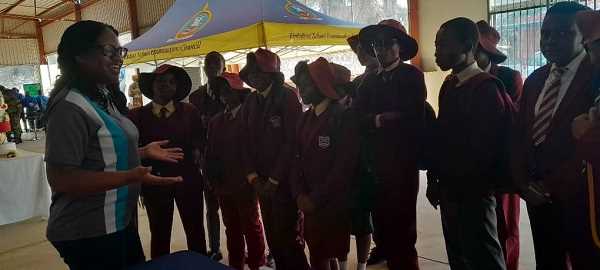
“Children are always with friends that we do not know, they are being taken out to restaurants by people that we do not know and we end up with teenage families.
Commenting on rehabilitation centres as an intervention in the anti-drugs war, Gozho said these do work to a certain extent, especially in isolating the person from the source of drugs and also in detoxifying the person.
“However, from the day they are sent to the rehabilitation centre, they feel they are social misfits and it does not go down well with them. The drugs problem may go away but the sense of belonging is lost completely.
“As parents, we should dig deeper to see what is happening but half the time, we just look at the surface.
“The nature of our economy has made things even more complicated as parents have to do side-hustles over and above their other jobs, leaving very little time for the rest of life’s activities, including parenting,” Gozho said.
Gozho, who is a member of International Coaching and Mentoring Foundation, added that there are children who will be running away from other problems within the home and start doing drugs.
“Some of the problems start as child’s play. Body tolerance is different as some will feel good after taking drugs. Some children are abused in their homes by parents or relatives. When they come to us as parents, we usually fail to protect them and if that happens, who is going to protect them?"
Gozho's book ,Frontline Mum: Defeating Destiny Destroyers From the Womb to the World, explores how the enemy sets out to change a child’s destiny.
Therein, motherhood is compared to war, with mothers being soldiers on the frontline, but the writer says this is parenting, the bulk of which is performed by the mother parent, especially during the early stages of a child's life.
“Parents let us come together and talk about these things. It is not too late to have these changed. We are reachable on +263 771 897 062 or physically the International Coaching and Mentoring Foundation domiciled in the 13th Floor, East Wing, Karigamombe Centre, in Harare," said Gozho..










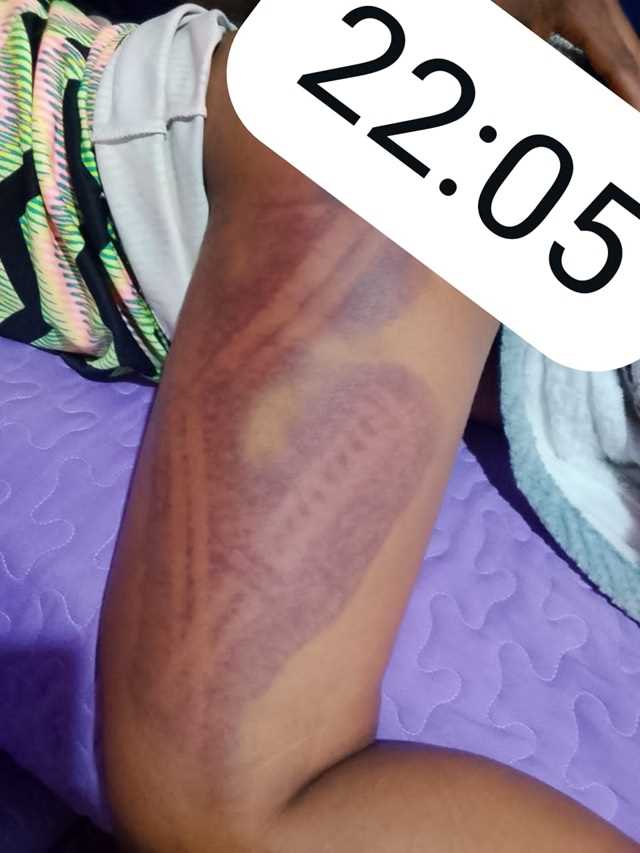
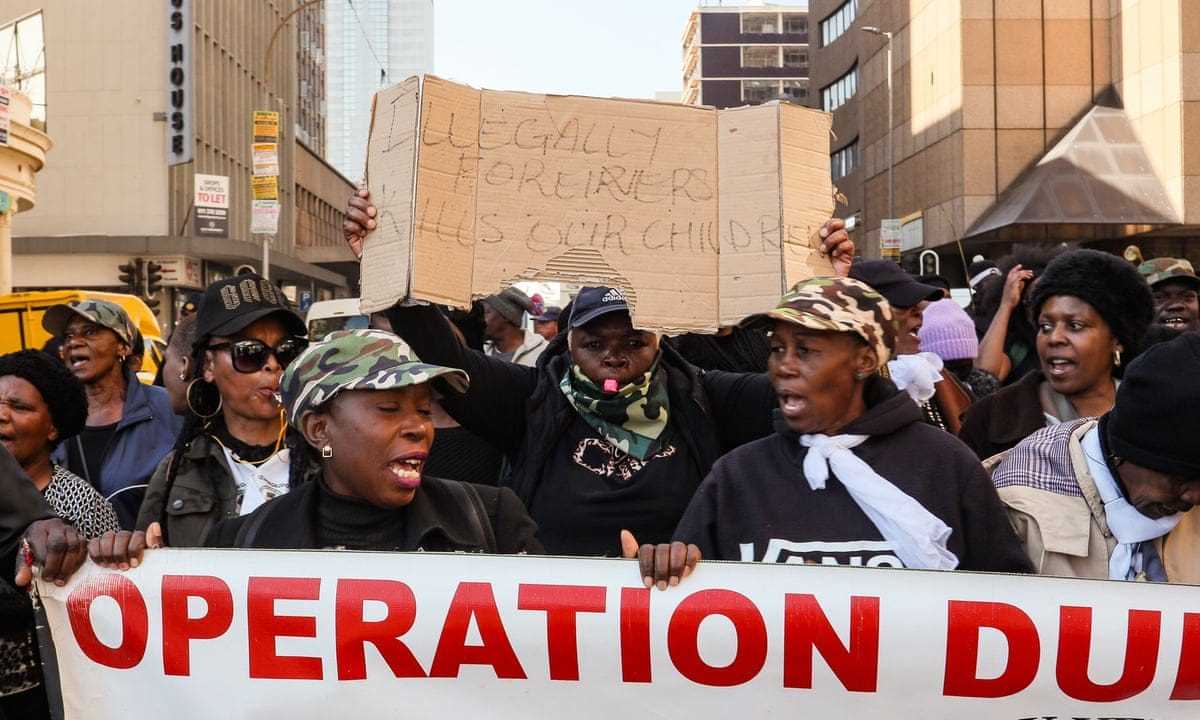



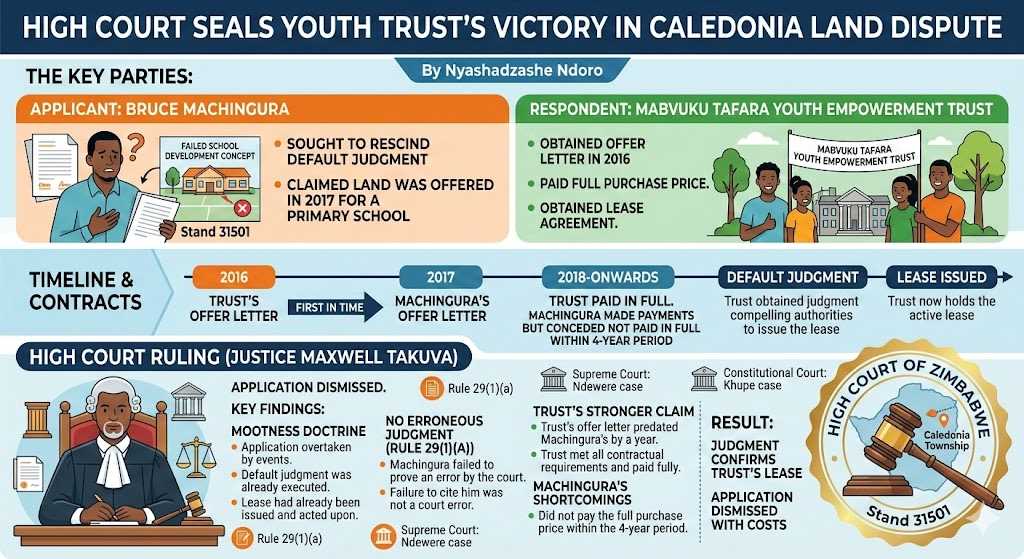


Leave Comments